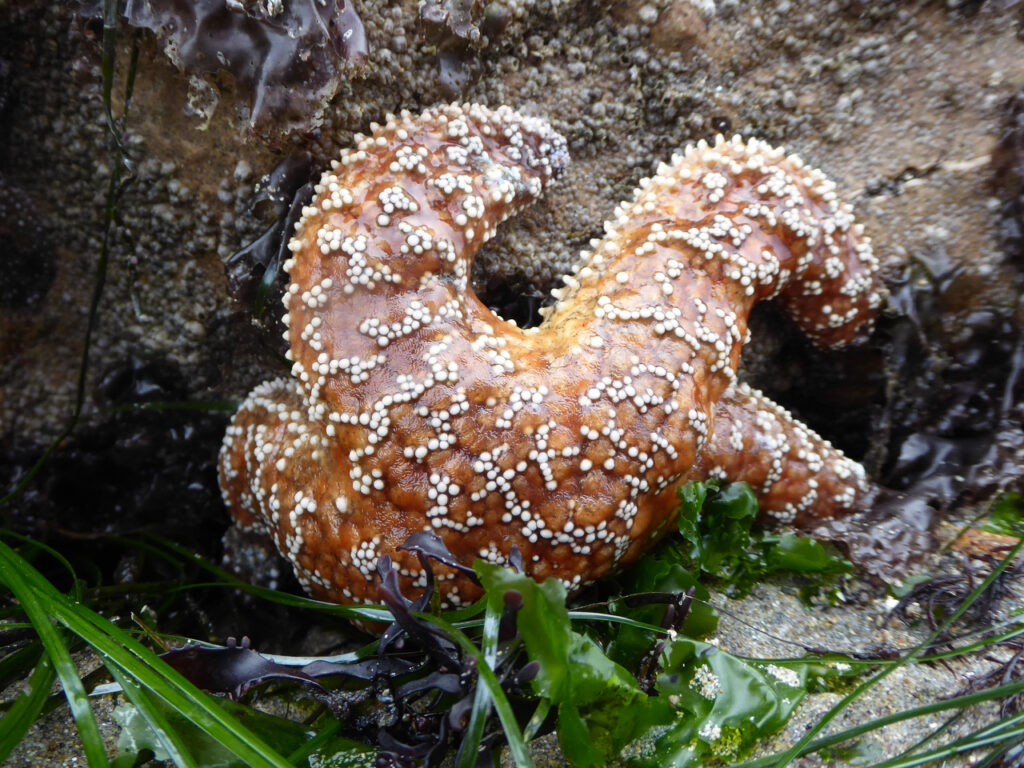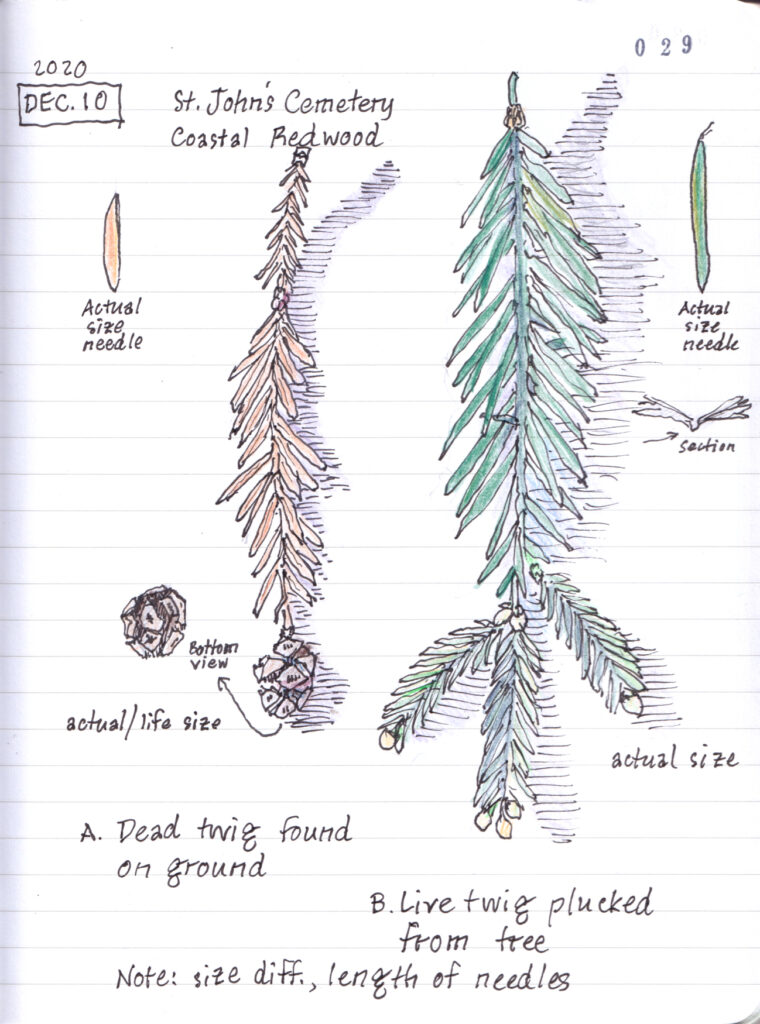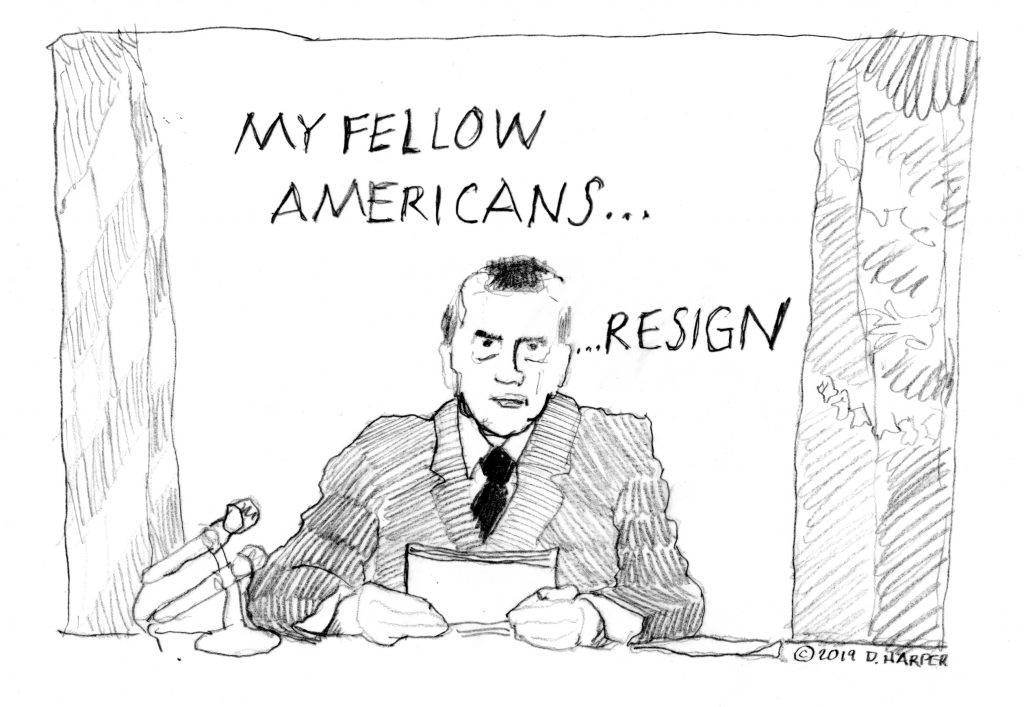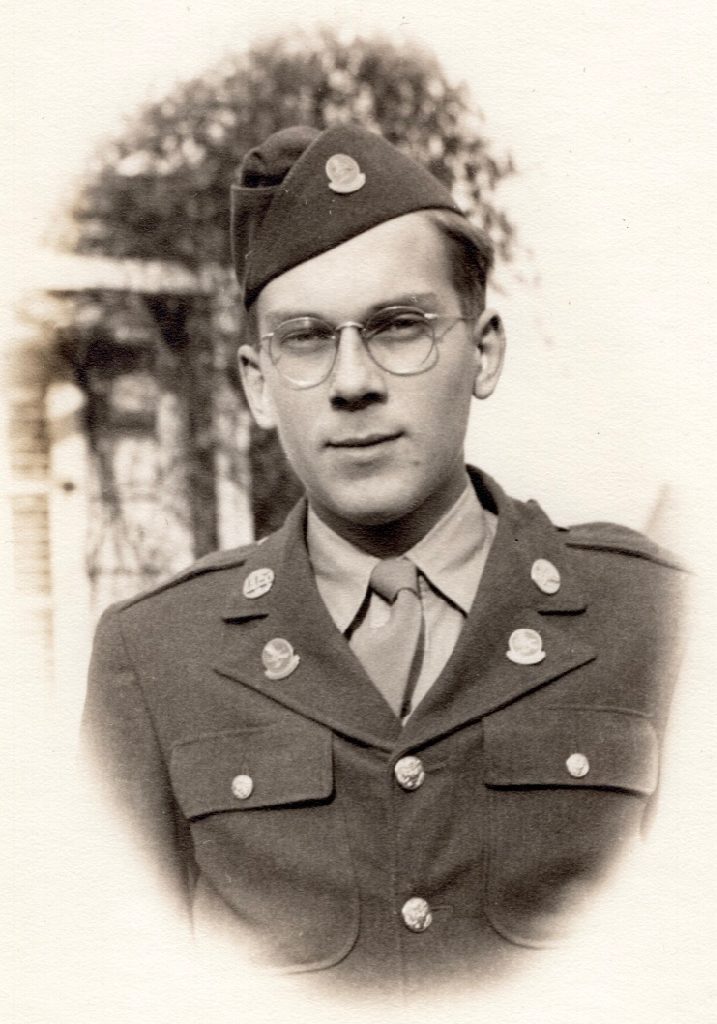Kindness has been neglected as a societal virtue in recent years. A popular catch-phrase tells us to practice random acts of kindness. While there’s nothing wrong with indulging in random acts of kindness, it’s also easy because it doesn’t require you to be kind all the time; you can just be kind when you feel like it. It is much more difficult to attempt to be kind most of the time.
Religions tell us to practice compassion, and to love our neighbors as we love ourselves. But compassion and love have their roots in the ordinary care and respect we should show for others. We begin by caring for and respecting those closest to us: our households, our families, our children and parents. This includes care for our physical selves: parents provide food for their children to eat; members of households share in day-to-day tasks. Kindness begins with such physical needs, but it extends to a sense of respect for each other as humans. A sense of respect requires us to attempt to understand others: what are they thinking and feeling? — or if not to understand, then at least to appreciate.
Care and respect should be mutual: when care and respect are given, but not in turn received, it becomes difficult to keep on caring and respecting. Random kindness in intimate relationships does not suffice; kindness should permeate households, families, and the relations between parents and children. Indeed, kindness should originate within one’s self; if you regulate yourself with kindness, then you are more likely to be kind in your household. When those in your household are kind to each other, you will more likely be kind to others; your entire household will practice consistent acts of kindness.
Some people assume that kindness means things like cutting out paper hearts and giving them to people; or, when you’re stopped at a tollbooth, paying the toll of the vehicle behind you in line. But these acts, while well-intentioned, are not particularly kind. Kindness strengthens the web of interdependence that exists between us all, and that requires consistency in thought and word and deed. Thoughts and words do matter. I wish that all supporters of the Democratic and Republican parties would understand this. When supporters of the Democratic party refer to supporters of the Republicans as “Repugs” on their social media accounts, that is not consistent with kindness, and no number of random acts of kindness can really make up for it. When Republicans make similar comments about Democrats, once again, they are being unkind.
Unkindness weakens the bonds between us, the bonds which make us human. Unkindness makes us less than human. The Non-conformist minister Isaac Watts, who late in supposedly owned a pew in a Unitarian chapel, wrote in a poem for children:
Let dogs delight to bark and bite,
For God hath made them so;
Let bears and lions growl and fight,
For ’tis their nature too.
To bark and bite and growl and fight makes us less than human. While I feel Isaac Watts maligns dogs, bears, and lions — they too can show care and respect to their offspring, and sometimes to larger groups — it is true that their social relationships do not extend as far as those of humans. Bears are fairly solitary, lions less so, and dogs are pack animals, and none of these species is as social as humankind. In a globalized world, you or I can connect with thousands, even millions of other people. In our widespread human connections, we can bark and bite and growl and fight, or we can be kind. Growling and fighting break human connections and lead to dissolution of society.
Confucius taught: “Recompense injury with justice, and kindness with kindess.” Kindness begets more kindness, crowding out injury, and helping justice to grow and flourish. Kindness, consistently cultivated — first for ourselves, then for our families and households, then more and more widely, eventually for all humankind — strengthens human bonds, and makes it possible for compassion and love to take root as well, and to shoot upwards towards the sun, and to flower, and to set fruit that will nourish us and allow each of us to thrive and grow ourselves.




